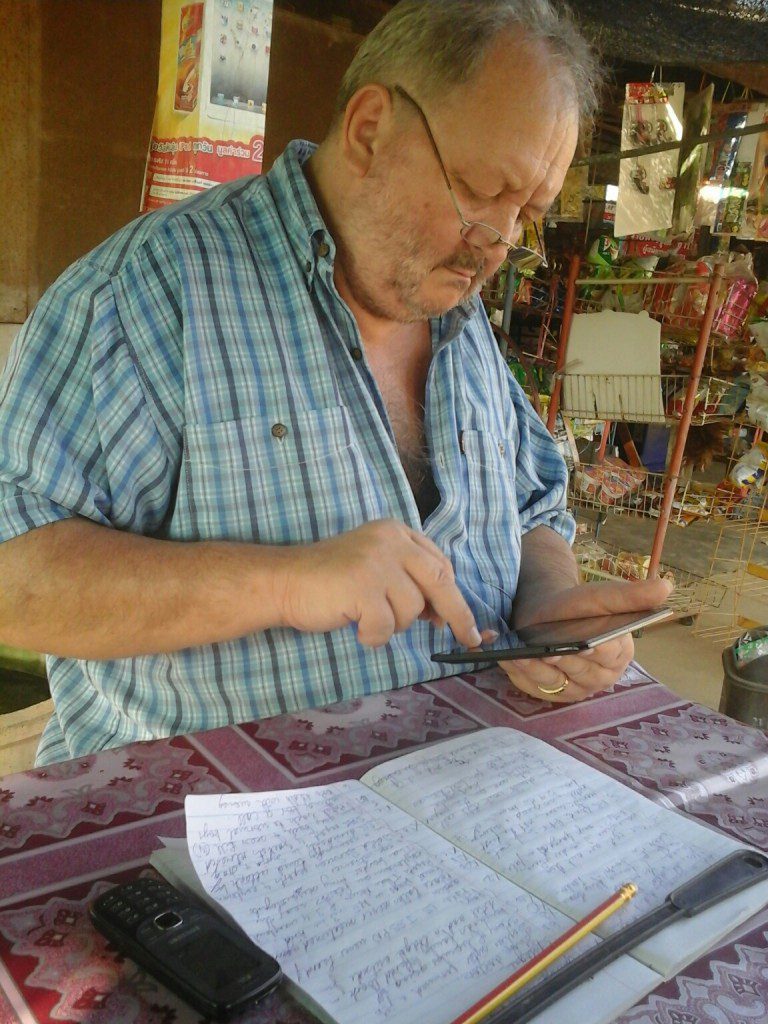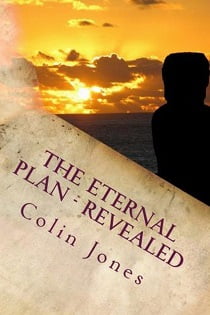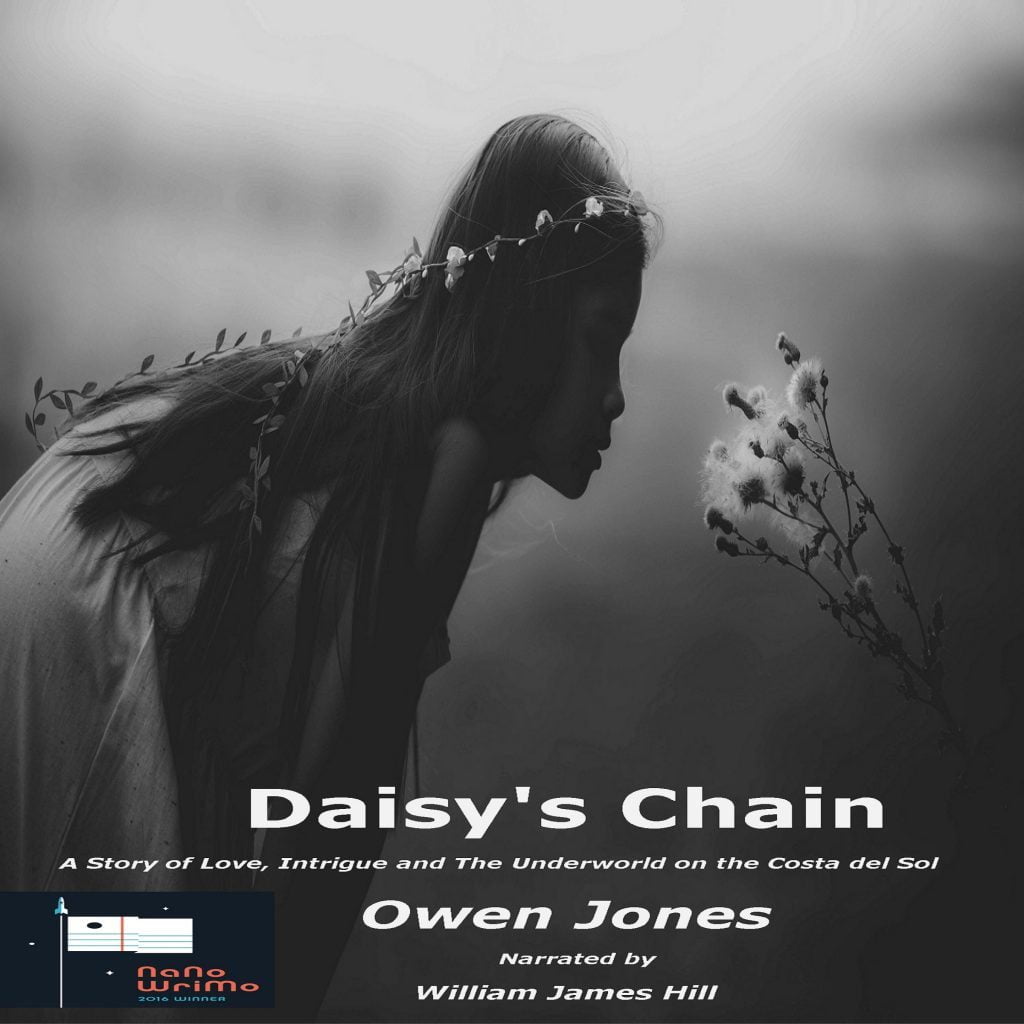PLR Blog Content for Writers
Podcast: Play in new window | Download (Duration: 2:28 — 580.6KB)
Subscribe Free! Apple Podcasts | Spotify | Email | TuneIn | RSS | More
You can also use your PLR blog content in other publications such as on your website, blog, social media pages, etc. Even writers use PLR…
PLR Blog Content for Writers Read More »





